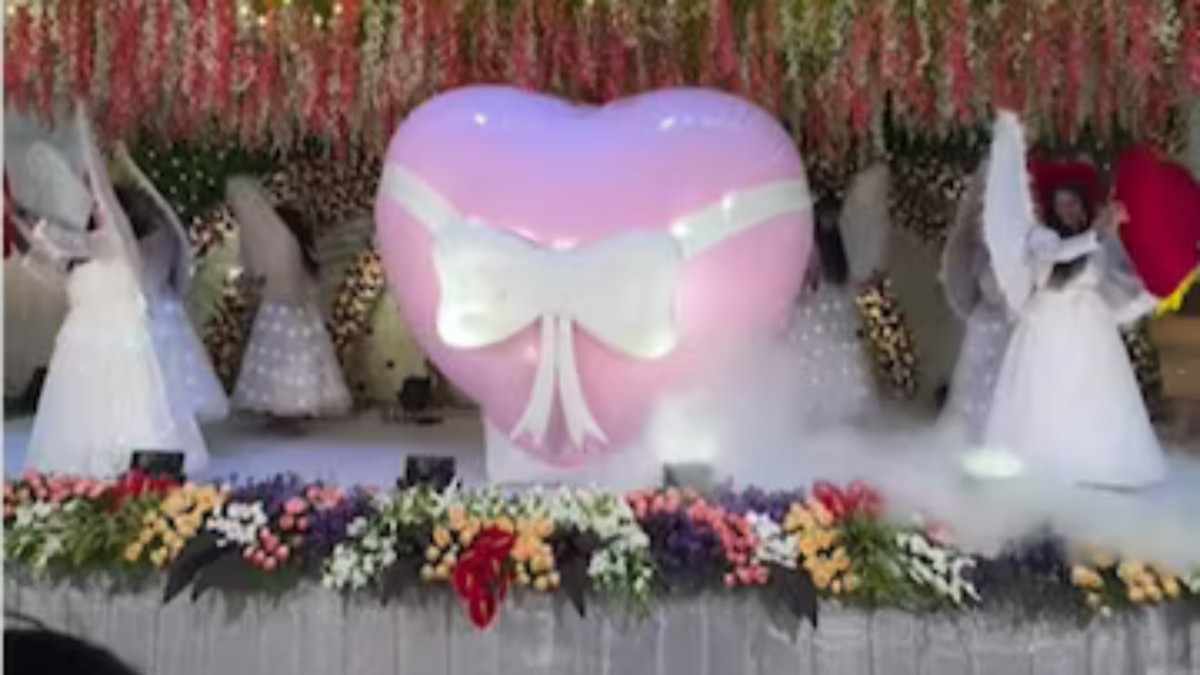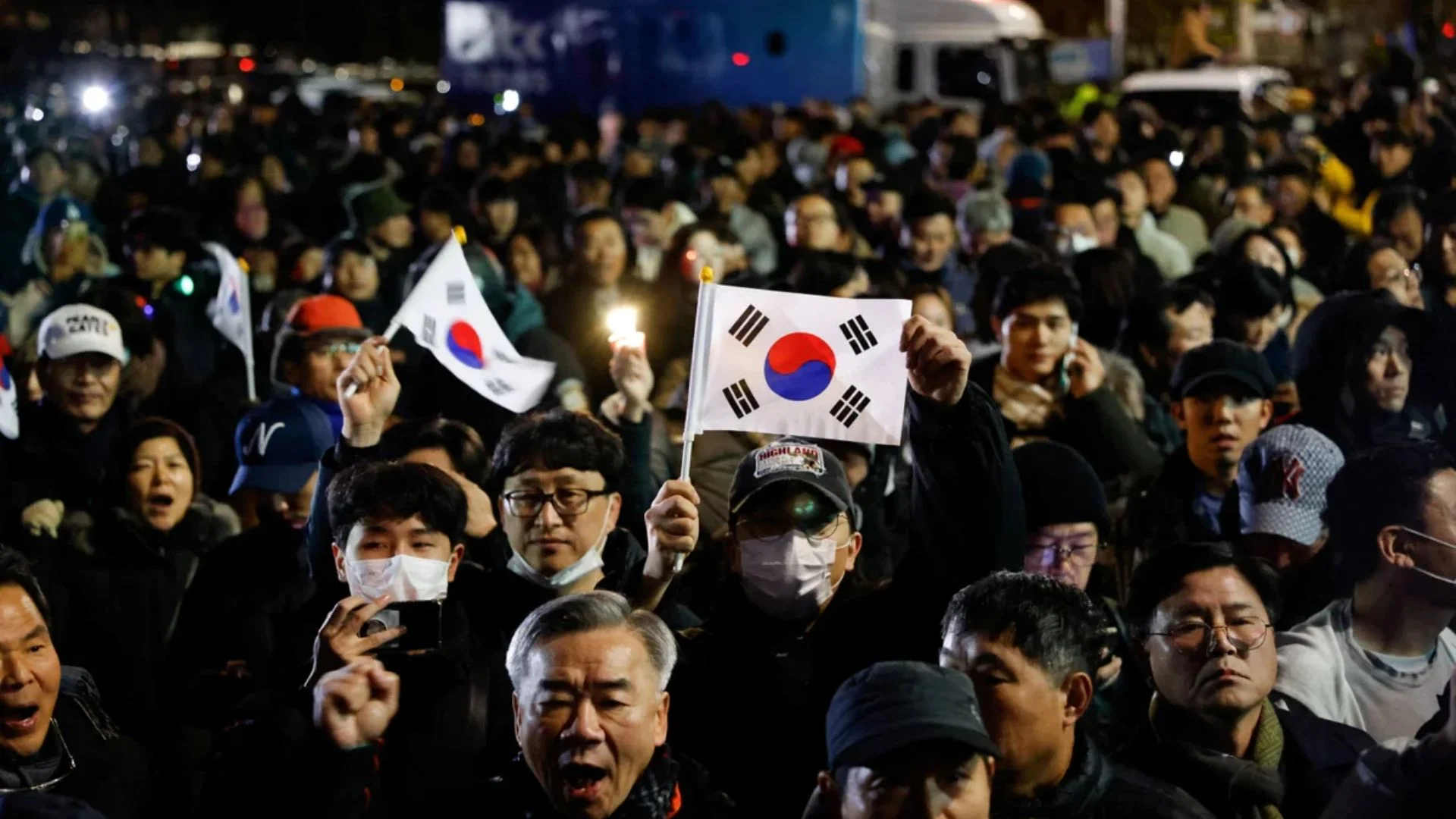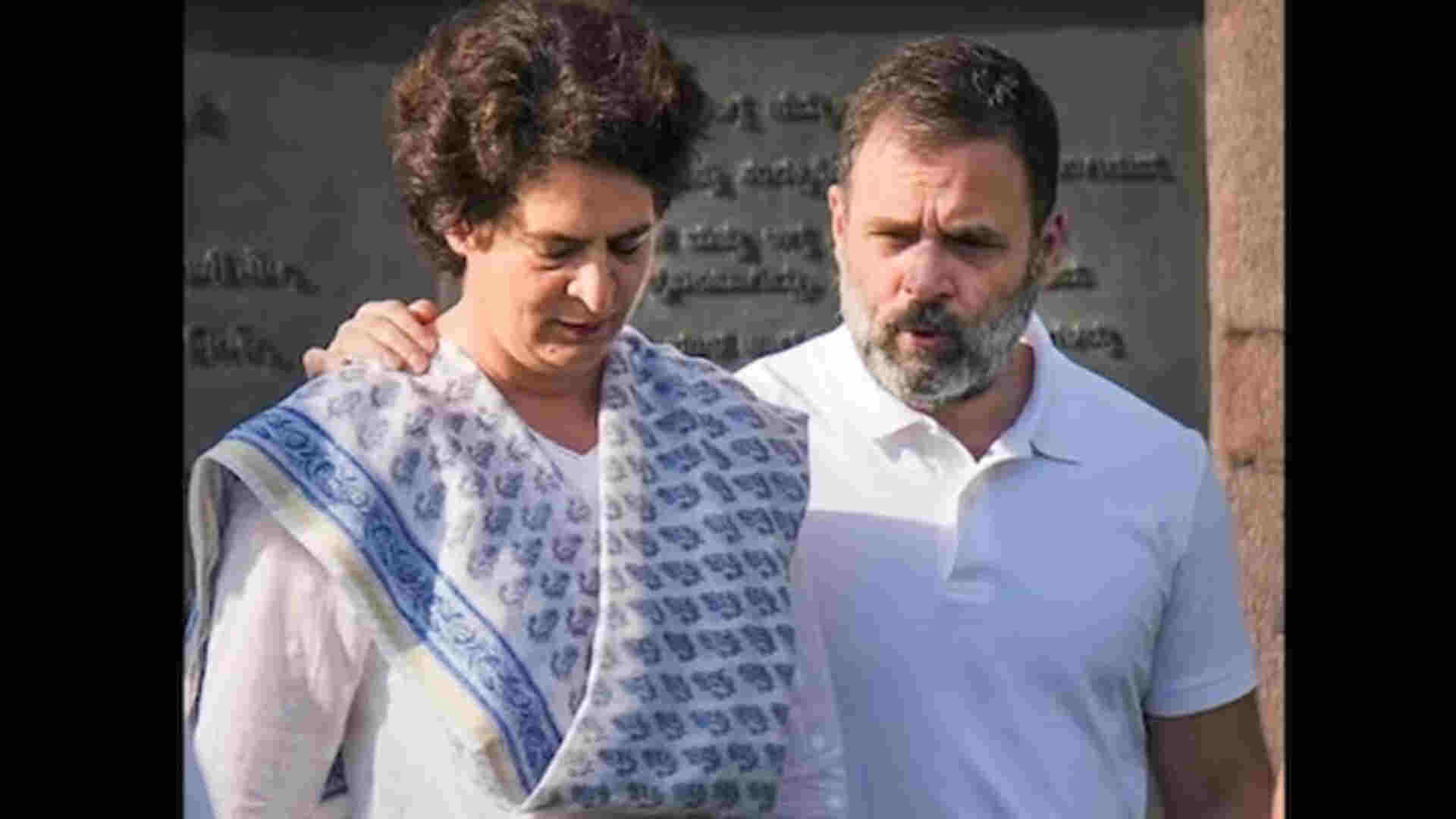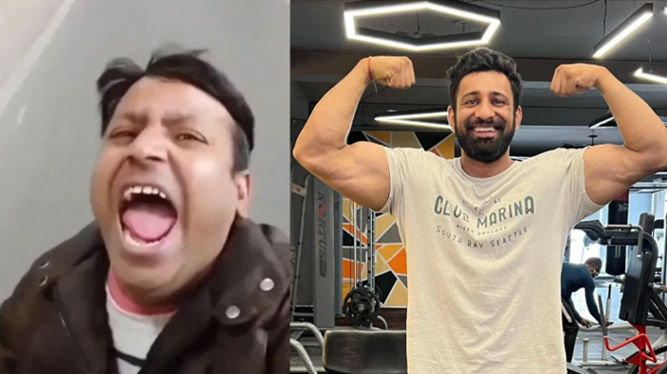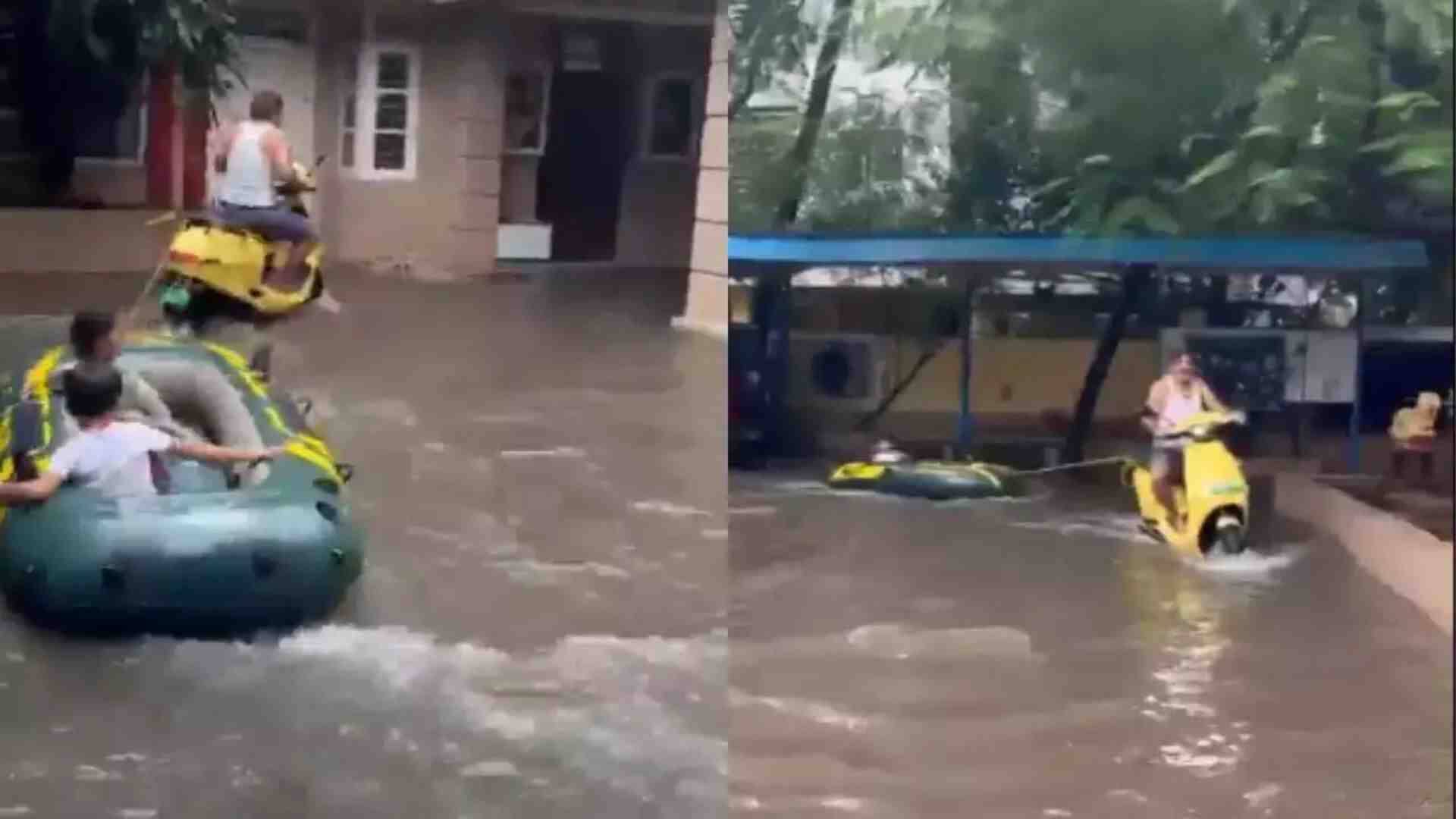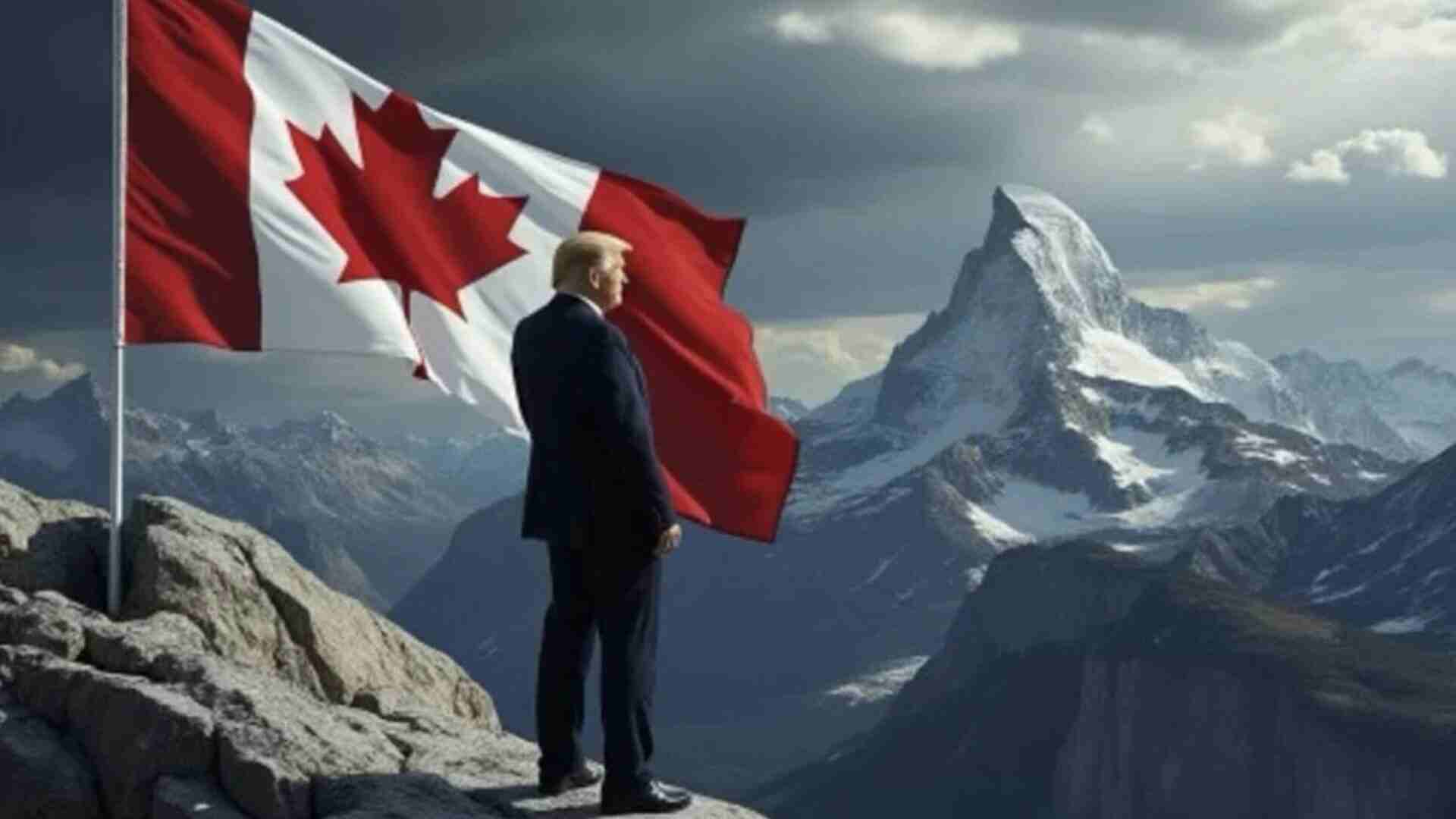
South Korea descended into chaos on Tuesday evening after President Yoon Suk Yeol declared martial law to eliminate “anti-state” forces, accusing the opposition-controlled Parliament of aligning with communist North Korea.
Thousands of demonstrators flooded the streets, attempting to storm the National Assembly in Seoul to protest the imposition of martial law. Clashes erupted between security forces and protesters outside the Parliament. Tanks, armored vehicles, and South Korea’s martial command forces, armed and ready, were seen entering the assembly grounds.
South Korea: Parliament building blocked by the police, preventing opposition lawmakers from convening and challenging the martial law declaration. This has effectively silenced dissent and stopped the legislative process, creating a significant crisis.#Seoul pic.twitter.com/w54vjs4Ngq
— Abhishek Jha (@abhishekjha157) December 3, 2024
Visuals circulating on social media showed police officers stationed at the National Assembly’s entrance, while helmeted soldiers with rifles guarded the building to prevent unauthorized access. According to the Associated Press, at least three military helicopters landed within the assembly premises, while two or three others hovered above.
No casualties or injuries have been reported so far. Amid the unrest in Seoul, protesters could be heard chanting slogans such as “Withdraw emergency martial law” outside the National Assembly. Other chants included “Step outside, step outside!” and “You can’t get in.”
South Korea’s Yonhap news agency reported that access to the National Assembly has been sealed, with MPs barred from entering the premises. A leader of a minor opposition party told AP that there were insufficient lawmakers present to overturn the martial law declaration, as police had blocked entry to the Parliament.
In response to the escalating situation, all military units in the country, which remains technically at war with nuclear-armed North Korea, have been ordered to raise their emergency alert levels and strengthen readiness measures.
The duration of Yoon’s martial law declaration remains unclear. Under South Korean law, martial law can be revoked through a majority vote in the 300-member National Assembly. However, with the opposition Democratic Party holding a parliamentary majority, the situation is poised for a potential political confrontation.
South Korea’s military announced that Parliament and other political gatherings that might lead to “social confusion” would be suspended, according to Yonhap news agency.
In a televised address, President Yoon justified the imposition of martial law as essential to “rebuild and protect” the nation from “national ruin.” He reaffirmed his commitment to “eradicate pro-North Korean forces and protect the constitutional democratic order.” Yoon also vowed to swiftly eliminate “anti-state forces” and restore normalcy, urging the public to trust him despite any “inconveniences.”
“To safeguard a liberal South Korea from the threats posed by North Korea’s communist forces and to eliminate anti-state elements plundering people’s freedom and happiness, I hereby declare emergency martial law,” Yoon stated.
“With no regard for the livelihoods of the people, the opposition party has paralysed governance solely for the sake of impeachments, special investigations, and shielding their leader from justice,” he added.


